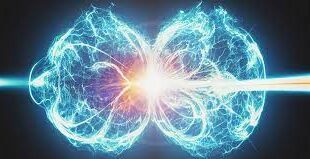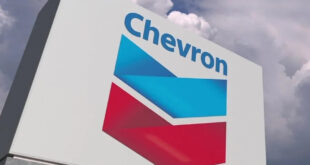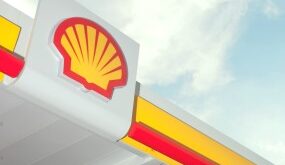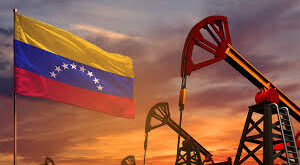The World Bank will support the development of Mozambique’s giant natural gas resources if it’s the cheapest way to boost energy security in one of the world’s poorest nations, according to an official.
The Washington-based lender in 2019 stopped financing oil and gas extraction projects, aside from “exceptional circumstances” where projects in the poorest countries help connect more people to energy. Mozambique in 2021 had the sixth-lowest gross domestic product per capita globally, while less than one-third of its population of 32 million has electricity access, according to World Bank data.
“Our view is that we can support it if there are no other options that are least cost, and this is in the context of a clearly articulated transition plan,” Victoria Kwakwa, the World Bank’s vice president for Eastern and Southern Africa, said in an interview in the nation’s capital, Maputo. “It can play an important role in the transition process.”
The southeast African nation over a decade ago discovered some of the biggest natural gas reserves on the continent. Projects to exploit them have been held up by a $2 billion debt-fueled state corruption scandal and an Islamic State-linked insurgency. International funding has also been targeted by environmental groups that oppose the development of fossil fuels.
Still, Russia’s invasion of Ukraine last year sparked a rush by European nations to find alternative energy supplies from new sources, including projects on the African continent. That’s also raised the global impact of Mozambique’s resources, according to Kwakwa.
“My sense of Mozambique’s natural gas assets is that it can play an important role for the global transition,” she said. “We are seeing that already most of Mozambique’s gas is being exported to Europe, so Europe is benefiting from Mozambique’s gas and keeps Europe also from reverting to less clean energy sources.”
While Mozambique can also benefit from domestic use of the gas, it should continue utilizing renewable technologies, she said.
“It will also be important for addressing the issues of variability of renewables and allowing renewables to work better to serve access to energy issues in the country,” she said. “We have to make sure there are no stranded assets down the line. We are very mindful that natural gas is not as clean as renewables.”

 Iran Energy News Oil, Gas, Petrochemical and Energy Field Specialized Channel
Iran Energy News Oil, Gas, Petrochemical and Energy Field Specialized Channel



